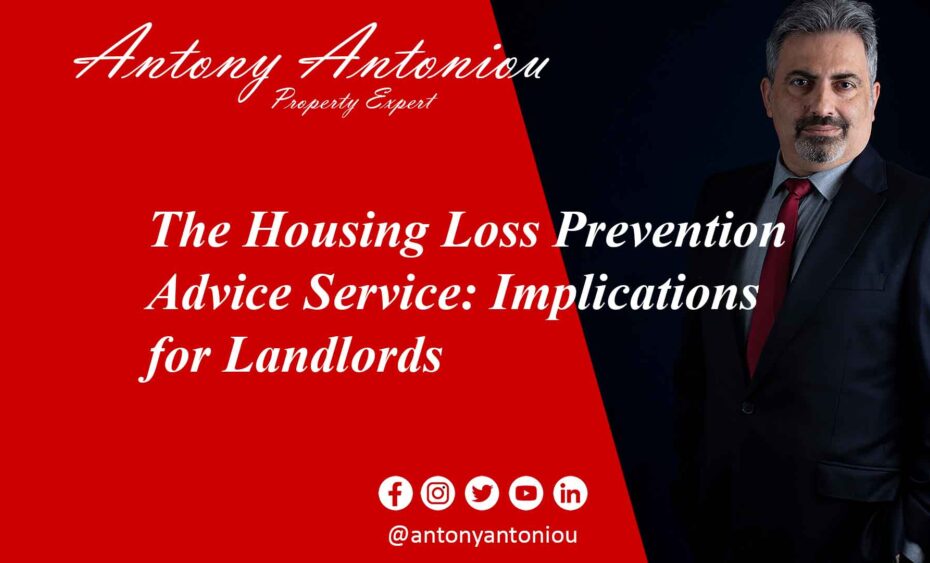The Housing Loss Prevention Advice Service: Implications for Landlords
Introduction:
Landlords in the UK are facing potential challenges with the implementation of the new Housing Loss Prevention Advice Service. This service aims to provide free early legal advice to tenants facing eviction or repossession, potentially leading to more landlords engaging in costly court battles. Although the initiative intends to offer timely support to tenants, there are concerns that it may inadvertently result in an increase in legal aid for tenants, escalating the duration and expenses of these legal disputes. In this blog post, we will explore the unintended consequences of the Housing Loss Prevention Advice Service and the implications it has for landlords.
Expanding Support for Tenants:
Starting from 1st August, tenants dealing with housing, debt, and welfare benefits issues will have access to free early legal advice before their court hearings. Unlike the previous Housing Possession Court Duty Service, which only provided emergency advice on the day of the hearing, this new initiative offers comprehensive assistance. This enhanced support for tenants is aimed at empowering them to navigate the legal process effectively and ensure fairness during possession claim hearings.
Unforeseen Challenges for Landlords:
Despite the positive intention of the Housing Loss Prevention Advice Service, industry experts are concerned about the potential ramifications for landlords. Paul Sowerbutts, head of legal action at Landlord Action, highlights that while tenants benefit from earlier legal advice, this may inadvertently result in an increase in legal aid for them. Consequently, landlords may find themselves embroiled in more lengthy and costly court battles, with trial costs often exceeding £15,000 for a single day.
A Significant Disadvantage:
Sowerbutts explains that the new service increases the likelihood of cases proceeding to full-day trials, placing landlords at a significant disadvantage. Tenants, empowered by legal aid, can potentially prolong and complicate the legal process, making it more challenging for landlords to regain possession of their properties. Even in the event of tenants losing the case, they are not liable to pay the substantial legal costs incurred by landlords, further exacerbating the financial burden on property owners.
Challenges for Small Landlords:
The upcoming reforms, including the implementation of the Housing Loss Prevention Advice Service, are expected to present additional hurdles for small landlords. With limited resources and often managing only one or two properties, small-scale landlords may struggle to cope with the financial implications of protracted legal battles. The requirement for landlords to bear representation costs while tenants receive free legal aid raises concerns about fairness and the balance of support within the legal system.
Building Stronger Landlord-Tenant Relationships:
While the changes may pose challenges for landlords, some argue that it could encourage a proactive approach to maintaining positive relationships with tenants. Landlords may be incentivized to address potential issues early on, seeking amicable resolutions and preventing the need for legal intervention. By fostering open lines of communication and addressing concerns promptly, landlords can aim to avoid lengthy court battles and instead focus on creating a harmonious living environment for both parties.
Conclusion:
The introduction of the Housing Loss Prevention Advice Service aims to provide tenants with earlier legal support, promoting fairness during eviction or repossession cases. However, concerns have been raised about the unintended consequences for landlords, including the potential increase in legal aid for tenants and the subsequent rise in lengthy and expensive court battles. Small landlords, in particular, may find it challenging to navigate these changes. As the industry adapts to the new service, it is crucial to strike a balance between supporting tenants’ rights and ensuring a fair and viable environment for landlords.
Read the full act HERE

